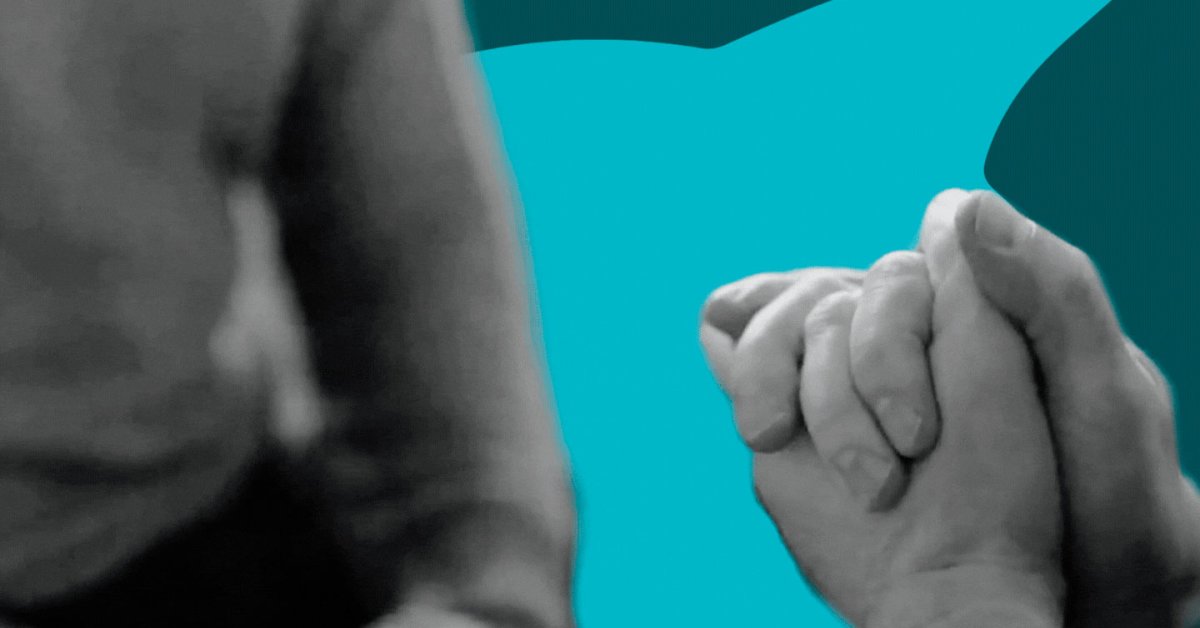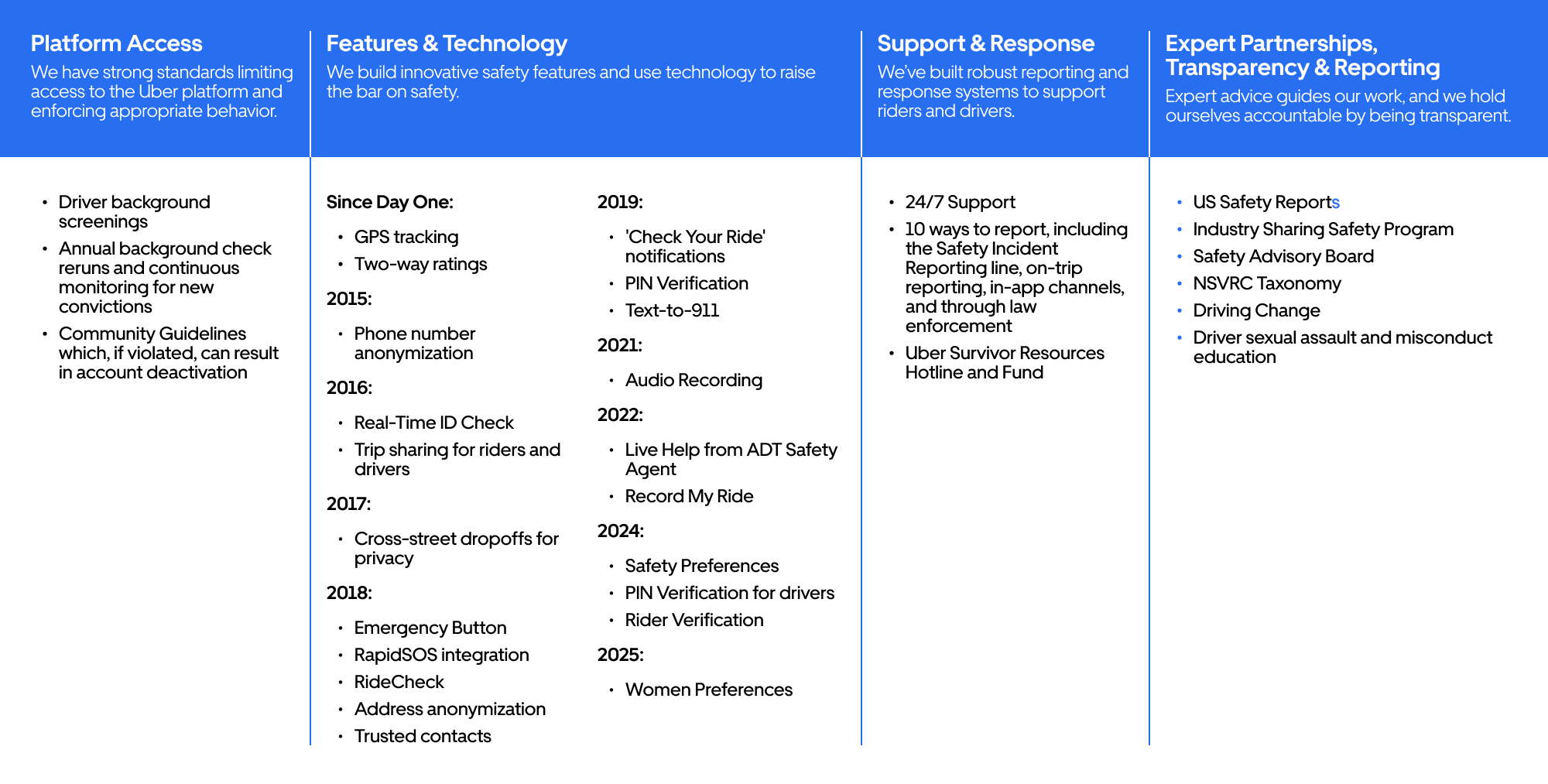The Worst Phrases For Someone With Anxiety: Helpful Alternatives

Welcome to your ultimate source for breaking news, trending updates, and in-depth stories from around the world. Whether it's politics, technology, entertainment, sports, or lifestyle, we bring you real-time updates that keep you informed and ahead of the curve.
Our team works tirelessly to ensure you never miss a moment. From the latest developments in global events to the most talked-about topics on social media, our news platform is designed to deliver accurate and timely information, all in one place.
Stay in the know and join thousands of readers who trust us for reliable, up-to-date content. Explore our expertly curated articles and dive deeper into the stories that matter to you. Visit Best Website now and be part of the conversation. Don't miss out on the headlines that shape our world!
Table of Contents
The Worst Phrases for Someone with Anxiety: Helpful Alternatives
Anxiety is a pervasive issue, affecting millions worldwide. While offering support is crucial, the words we choose can significantly impact someone struggling with anxiety. Using the wrong phrases can unintentionally invalidate their feelings and worsen their anxiety. This article explores common unhelpful phrases and suggests supportive alternatives, helping you better navigate conversations with those experiencing anxiety.
Why Certain Phrases Are Harmful
Many well-intentioned comments, often born from a desire to help, can inadvertently trigger or exacerbate anxiety. These phrases often minimize the experience, offer unwanted advice, or put pressure on the individual. Instead of providing comfort, they can lead to feelings of isolation and judgment.
The Worst Offender Phrases:
- "Just relax." or "Don't worry." These are incredibly unhelpful because anxiety isn't something that can simply be switched off. Telling someone to relax implies a lack of understanding of their condition and dismisses their feelings.
- "Everyone feels anxious sometimes." While true, this statement minimizes the intensity and impact of chronic anxiety. For someone battling anxiety daily, this can feel dismissive and invalidating.
- "You're overreacting." This phrase is incredibly damaging. It invalidates their experience and makes them feel judged for their emotional response.
- "Think positive!" or "Look on the bright side!" Positive thinking is helpful for some, but for those with anxiety, it can feel like another impossible task, adding pressure rather than providing relief.
- "You should..." or "Have you tried...?" Unsolicited advice, especially concerning therapy or medication, can feel overwhelming and intrusive. Let the individual lead the conversation about their treatment options.
Helpful Alternatives to Offer Support:
Instead of using these harmful phrases, consider these supportive alternatives:
- "I'm here for you." This simple statement provides reassurance and shows empathy without judgment.
- "That sounds really tough. I can only imagine how difficult that must be." Validating their feelings is key. Show that you understand their struggles.
- "How can I help you right now?" Offer practical support tailored to their needs rather than general advice.
- "What can I do to make things easier for you?" This empowers them to express their needs and feel supported.
- "I'm concerned about you. Is there anything you'd like to talk about?" This opens a space for them to share their feelings without feeling pressured.
- "It sounds like you're going through a lot. I'm here to listen." Simply listening without judgment is often the most effective form of support.
Understanding the Nuances of Anxiety:
Remember, anxiety manifests differently in each individual. What might trigger one person may not affect another. Being mindful, patient, and empathetic is crucial. Learn about different anxiety disorders, such as Generalized Anxiety Disorder (GAD), Social Anxiety Disorder (SAD), and Panic Disorder, to gain a better understanding of the challenges faced by those living with anxiety. You can find helpful resources on sites like the .
Conclusion:
Choosing your words carefully can significantly impact someone struggling with anxiety. By avoiding common unhelpful phrases and embracing supportive alternatives, you can create a safe and validating space for them to express their feelings and receive the support they deserve. Remember, empathy and understanding are paramount. Your supportive presence can make a world of difference.

Thank you for visiting our website, your trusted source for the latest updates and in-depth coverage on The Worst Phrases For Someone With Anxiety: Helpful Alternatives. We're committed to keeping you informed with timely and accurate information to meet your curiosity and needs.
If you have any questions, suggestions, or feedback, we'd love to hear from you. Your insights are valuable to us and help us improve to serve you better. Feel free to reach out through our contact page.
Don't forget to bookmark our website and check back regularly for the latest headlines and trending topics. See you next time, and thank you for being part of our growing community!
Featured Posts
-
 Netflixs Steve Trailer Cillian Murphy Tackles Challenging Role As Headteacher
Aug 15, 2025
Netflixs Steve Trailer Cillian Murphy Tackles Challenging Role As Headteacher
Aug 15, 2025 -
 Taylor Swifts The Life Of A Showgirl Album A Deep Dive Into The Inspiration
Aug 15, 2025
Taylor Swifts The Life Of A Showgirl Album A Deep Dive Into The Inspiration
Aug 15, 2025 -
 Cillian Murphys Jangled State Of Anxiety A Look At Steve At Tiff
Aug 15, 2025
Cillian Murphys Jangled State Of Anxiety A Look At Steve At Tiff
Aug 15, 2025 -
 Cd Projekt Red Delays Cyberpunk 2077s 2 3 Patch What We Know
Aug 15, 2025
Cd Projekt Red Delays Cyberpunk 2077s 2 3 Patch What We Know
Aug 15, 2025 -
 Examining Ubers Safety Performance Data And Analysis
Aug 15, 2025
Examining Ubers Safety Performance Data And Analysis
Aug 15, 2025
Latest Posts
-
 Trump And Putins Summit A Deep Dive Into The Secret White House Diplomacy
Aug 15, 2025
Trump And Putins Summit A Deep Dive Into The Secret White House Diplomacy
Aug 15, 2025 -
 Memphis Community Pushes Back Against Elon Musks X Ai Expansion
Aug 15, 2025
Memphis Community Pushes Back Against Elon Musks X Ai Expansion
Aug 15, 2025 -
 Fortnite Servers Down Login Issues Resolved Official Statement Released
Aug 15, 2025
Fortnite Servers Down Login Issues Resolved Official Statement Released
Aug 15, 2025 -
 Robinhoods U Turn On Remote Work Ceos Admission And New Policy
Aug 15, 2025
Robinhoods U Turn On Remote Work Ceos Admission And New Policy
Aug 15, 2025 -
 No Diablo 4 Livestream Blizzard Responds To Fan Feedback Retools Broadcast
Aug 15, 2025
No Diablo 4 Livestream Blizzard Responds To Fan Feedback Retools Broadcast
Aug 15, 2025
